1)albert king
2)john lee hooker
3)robert johnson
Και ΝΑΙ, είπε κ κάποιος άλλος Memphis Slim! Συγχαρητήρια, ανεβήκατε κατακόρυφα στην εκτίμησή μου! :respect:
Πωωωωωωωω!Άκουσα Big Mama Thorntonκαι έπαθα πλάκα!
Ειμαι ασχετος με τα blues αλλα θελω να ασχοληθω,με ποιο δισκο λετε ν αρχισω;
Εκτός από αυτά που σου λέει ο Paco:
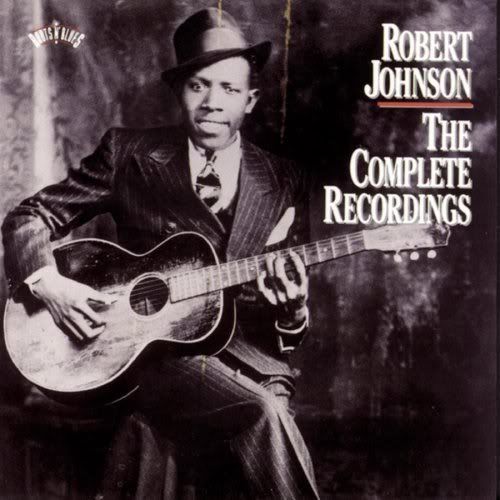
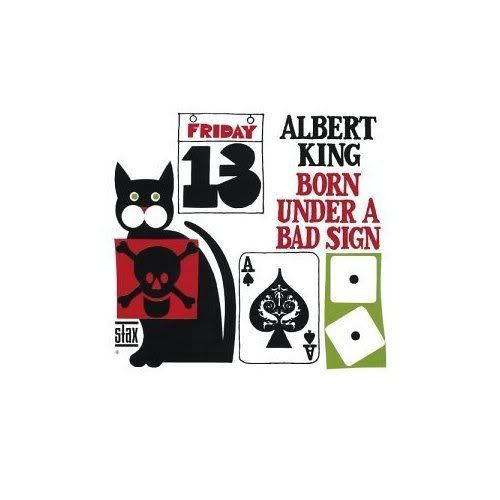
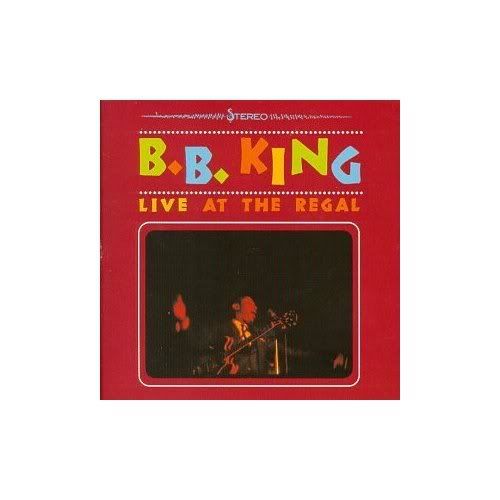
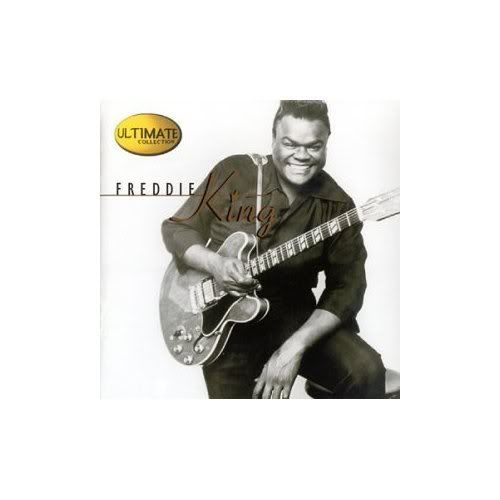
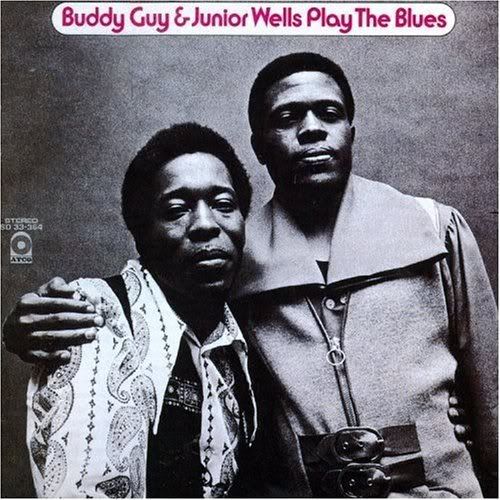
Και επειδή δεν μου αρέσει ο διαχωρισμός που κάνει ο τίτλος του thread με βάση το χρώμα αλλά και επειδή είναι κλασσικές δισκάρες άκου και αυτά:
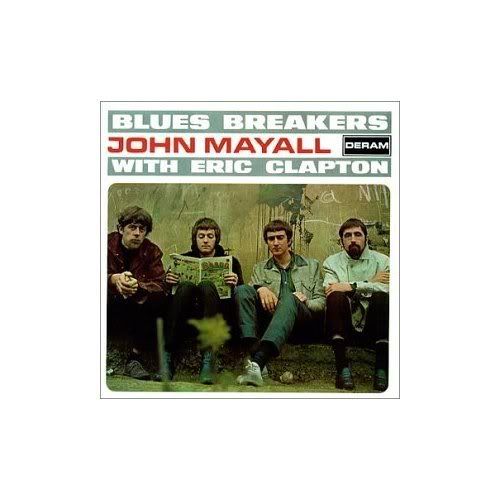
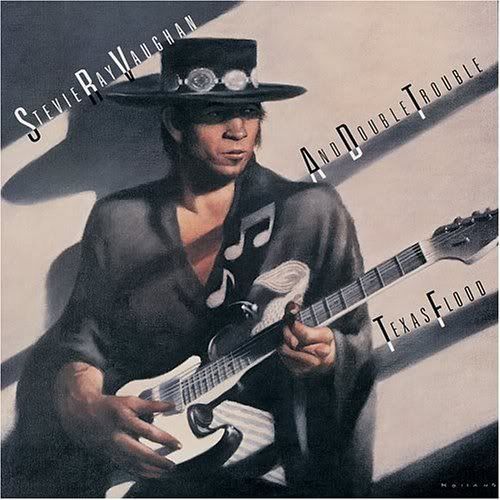

Muddy Waters
Howlin’ Wolf
Etta James αν και δεν είναι μόνο στα blues
Καλώς ή κακώς δεν ασχολούμαι με το blues. Μ’ αρέσει όμως αρκετά ο Johnnie Winter. Ίσως είναι άκυρος με το topic αλλά εμένα μ’ αρέσει.
O Winter δεν είναι άκυρος σε κανένα topic σχετικό με blues:wink:
Aν σου αρέσει, αυτό ίσως να είναι λόγος να ασχοληθείς περισσότερο με το είδος.
Ωραία!!! Ίσως θά 'πρεπε…
Lightnin’ Hopkins
http://www.youtube.com/watch?v=RNDJF4azgog - Mojo Hand
http://www.youtube.com/watch?v=XQQ4YTL1P1A - Goin’ down slow
http://www.youtube.com/watch?v=ObzKavim1gk - Shotgun Blues
http://www.youtube.com/watch?v=cFN9lebEvF0 - Cotton
http://www.youtube.com/watch?v=o3SXKLas-ko - My starter won’t start this morning
http://www.youtube.com/watch?v=IdmVw_6iBaQ - Goin’ Back Home

“I was born March the 15th. Man, the year was 19 and 12.”
The year of Sam Hopkins’s birth saw the publication of the earliest blues on sheet music, including Hart Wand’s The Dallas Blues. Legend has it, too, that Blind Lemon Jefferson embarked on his musical wanderings through the country towns south of Dallas and bordered by the Brazos and Trinity Rivers at about the same time. Nearly seventy years later, Lightnin’s death was mourned worldwide as the passing of a major figure in American music. Most of the Texas-born blues singer/guitarists of the post-War era—men like Freddie King and Albert Collins—point to him as an seminal influence. His legacy? Over 600 recorded performances and Les Blank’s documentary film, The Blues According to Lightnin’ Hopkins. Lightnin’ lived those country blues, a musical art both intimate and exuberant, evocative of hard lives from which a few men wrested powerful bittersweet poetry. They were men we once pictured hunkered over cheap guitars on back porches or in bars, isolated and brooding as they sang to console themselves as much as to anyone else. From the moment of his rediscovery in 1959, Lightnin’ became the living archetype of this music.
Lightnin’ had breathed the blues idiom since childhood. Lightnin’ was inspired by early encounters with two giants of early recorded Texas blues, Blind Lemon Jefferson and Alger ‘Texas’ Alexander, a distant cousin. In mythically perfect fashion Lightnin’ left home early to hobo across Texas, served time (“about coupla hundred days”) on a Houston County Prison Farm in the late 1930s after a fight…an experience he would later recall in several recorded titles. He experienced the indentured servitude of sharecropping and spent much of his adult life hustling tips with his songs in Houston bars and street corners.
Lightnin’ entertained the community around Houston’s Dowling Street with songs that reflected their common experience. Po’ Lightnin’, as he called himself in song, became the Black Houstonian Everyman. His endless stream of autobiographical songs presented Po’ Lightnin’s troubles, joys and spur-of-the-moment observations on everything.
His reputation spread nationally via recordings and radio exposure in the early 1950s. A decade later he was playing Carnegie Hall and being hailed as “the last great blues singer." His raw poetic gift was tireless and his facile guitar lines much-copied by white admirers who saw him play endless national (and on rare occasions, international) tours during the last twenty-some years of his life. Lightnin’ Hopkins died of pneumonia on January 30, 1982 in a Houston hospital. (The previous July he had undergone surgery for cancer of the esophagus).
"When I was a disc jockey [on WDIA] and even before that—the tunes that Lightnin’ was making made me want to try to become a blues player.” – B.B. King
"Lightnin’ Hopkins was always my idol. I’ve got a bigger stack of Lightnin’ Hopkins records than anybody else’s…He could have done a lot of things, but he felt a lot more comfortable drinking and shooting craps with his friends back in Houston. He’d go out to California or Europe, make a good bit of money and as soon as the gig’s over, he was back in Houston. When the money ran out, he’d go on the road again.” – Johnny Winter
“Lightnin’ always had a new Cadillac. Where he got the money, nobody knows. He was a real flashy kind of guy—always dressed in the finest of fine. He had a constant cigar in his mouth with a little cigar holder. Never without it. In fact, I heard a few people remark as they passed by his coffin, ‘Yeah, they done a pretty good job on ol’ Lightnin’, but where’s his cigar?’” – Billy Gibbons
